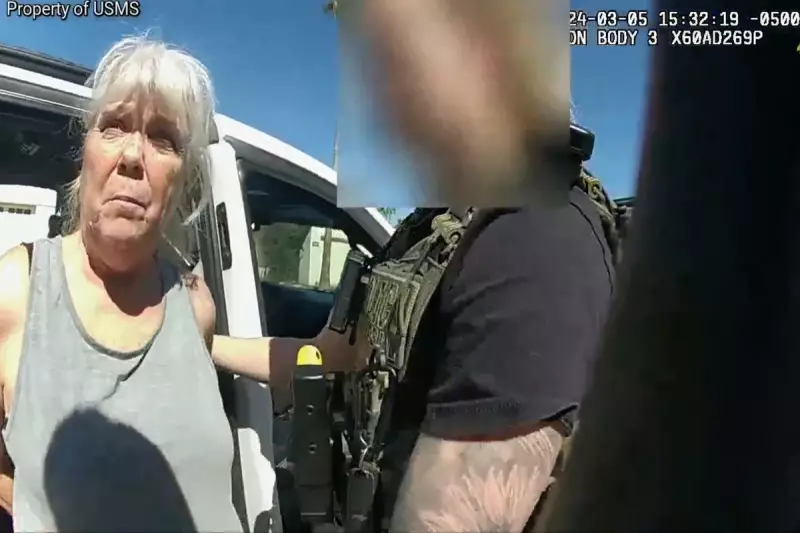
In a harrowing case of mistaken identity that raises serious questions about police procedures, an Arizona woman found herself staring down the barrel of multiple firearms when US Marshals violently entered her home, accusing her of being a wanted fugitive.
The Terrifying Home Invasion
Rebecca Riedel was preparing for an ordinary Wednesday morning when her Phoenix home was suddenly stormed by armed federal agents. "I had about five guns pointed at my head," Riedel recounted, describing the traumatic experience that unfolded on January 24th.
The US Marshals Service, acting on what they believed was credible intelligence, had targeted Riedel's residence in connection with a felony arrest warrant. What should have been a routine law enforcement operation quickly turned into what Riedel describes as a "home invasion" style confrontation.
A Case of Mistaken Identity
Despite Riedel's desperate attempts to prove her identity, the marshals remained convinced they had their suspect. The situation escalated to the point where she was forcibly removed from her home in handcuffs, dressed only in shorts and a tank top in the chilly January weather.
"They kept telling me I was lying," Riedel said, recalling how she repeatedly provided her identification and tried to convince the officers they had the wrong person. The psychological impact of having multiple firearms aimed at her head while being accused of serious crimes left lasting trauma.
Systemic Failures and Accountability
This incident highlights concerning gaps in law enforcement verification procedures. The US Marshals Service has confirmed the mistaken identity but provided limited details about how such a significant error occurred.
Legal experts suggest this case reflects broader issues within law enforcement protocols, particularly regarding address verification and suspect identification before executing high-risk raids. The emotional and psychological toll on innocent citizens caught in these situations can be devastating and long-lasting.
Seeking Justice and Reform
Riedel's experience has prompted discussions about police reform and the need for better safeguards to prevent similar incidents. While the marshals eventually acknowledged their error, the question remains: how many similar cases occur without public scrutiny?
The incident serves as a stark reminder of the delicate balance between effective law enforcement and protecting citizens' rights and safety. As Riedel works to recover from the psychological trauma, her story underscores the urgent need for improved verification processes and accountability within law enforcement agencies.





